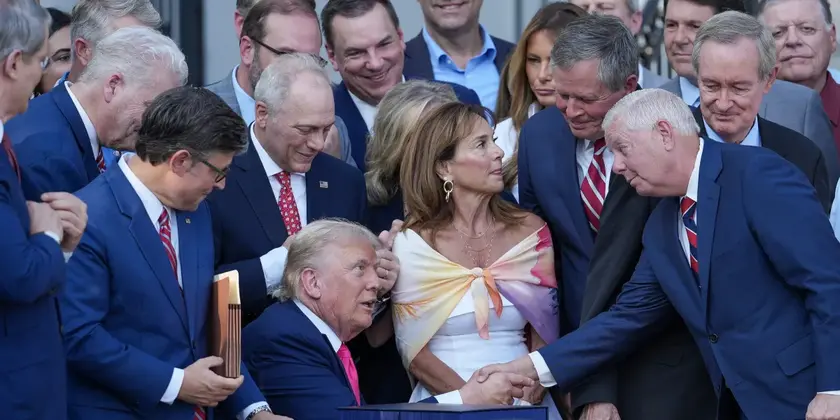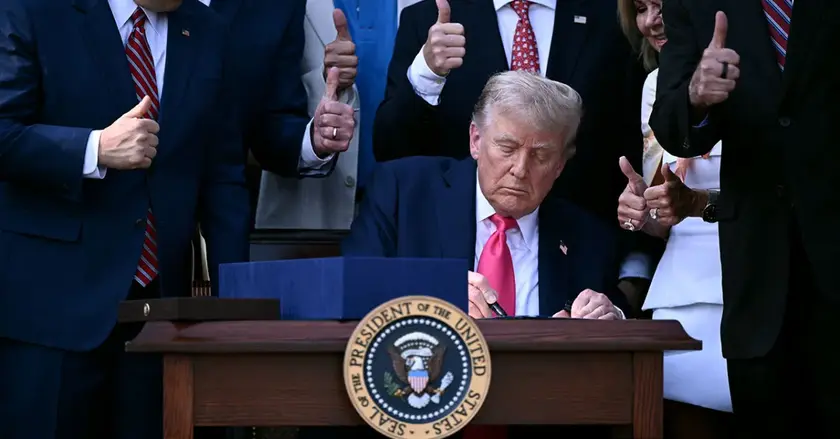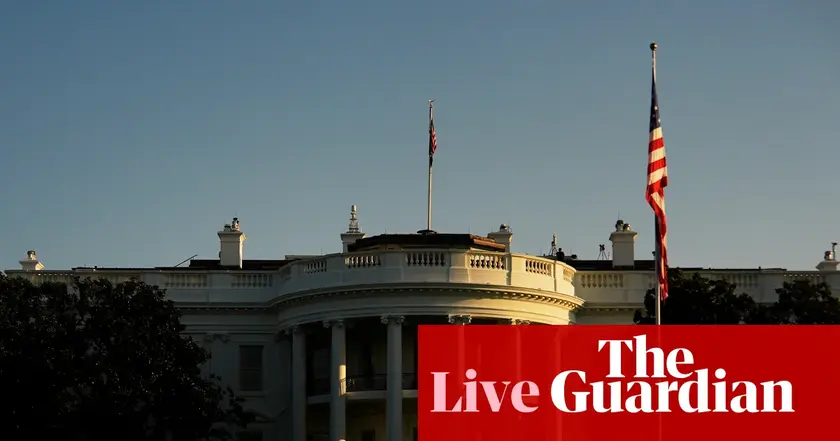T4K3.news
Federal film tax deduction extension gains broad support
Democrats and Republicans back a bill to extend the federal deduction for U.S. film and TV production through 2030, led by Celebrities and bipartisan lawmakers.

Democrats and Republicans back a bill to extend the federal deduction for U.S. film and TV production.
Bipartisan Support Grows for Federal Film Tax Deduction Extension
Two lawmakers from different parties and two high-profile supporters have put forward the Creative Relief and Expensing for Artistic Entertainment Act, known as the CREATE Act. It would extend Section 181, the federal deduction that allows productions shooting in the United States to deduct production costs in the same year, through 2030. The sponsors are Rep. Judy Chu, Sen. Raphael Warnock, Sen. Marsha Blackburn and Rep. Nicole Malliotakis. Jon Voight and his partner Steven Paul promoted the measure and referenced their Los Angeles productions as proof the policy helps local jobs and communities.
The coalition wants to build on Section 181 even as it explores a larger federal film incentive layered on top of state credits. No formal bill has been introduced beyond the CREATE Act, and its fate will depend on broader budget discussions and political timing. The effort follows past conversations during Trump’s presidency and a push to keep film work domestic, while lawmakers weigh how much the federal government should subsidize the industry.
Key Takeaways
"Filming locally kept crew members employed, helped fill restaurants, and allowed us to capture the unique character and authenticity of LA on screen. This is what Section 181 can make possible for countless other projects."
Steven Paul on how the policy supports local production
"If we pass Section 181, we can help to keep telling these stories here in the U.S., giving our audiences, our workers, and our industry a brighter future."
Jon Voight on the potential impact of the extension
"This is what Section 181 can make possible for countless other projects."
Steven Paul describing potential impact
"We’ve just wrapped a film that celebrates deeply American values such as courage, resilience, and community."
Jon Voight on the film industry and values
This move shows how policy and culture intersect. Tax rules shape where films are made, who gets hired, and which cities benefit from big productions. The CREATE Act is a careful, modest step that aims to stabilize a long-standing incentive without creating a sweeping overhaul. It signals willingness to use tax policy to support the arts, but it also invites scrutiny over cost and fairness in the federal budget.
Politically, the plan rides on a chance alliance of industry figures and lawmakers from both parties. It leverages attention from Hollywood stars tied to a president’s orbit, which can lift the issue but also risks backlash in a divided Congress. If the measure stalls, insiders may push for a broader package or another reform in a later year.
Highlights
- Filming locally kept crew members employed and helped fill restaurants
- This is what Section 181 can make possible for countless other projects
- If we pass Section 181, we can help to keep telling these stories here in the U.S.
- We’ve just wrapped a film that celebrates deeply American values such as courage, resilience, and community
Budget and political risk
The CREATE Act involves a federal tax break with potential budget impact and is tied to broader political maneuvering. Its success depends on budget negotiations and could trigger opposition from lawmakers wary of another subsidy for the entertainment industry.
Policy choices here will affect where stories get told in the United States.
Enjoyed this? Let your friends know!
Related News

Voight pushes federal film incentive to revive Hollywood

Trump signs One Big Beautiful Bill

Peace terms collide with battlefield reality

Boomer couple struggles with capital gains tax on home sale

Public mood shifts on Trump policies

Markets stay mixed as inflation data looms

Greens face leadership test

DC police takeover faces federal lawsuit
